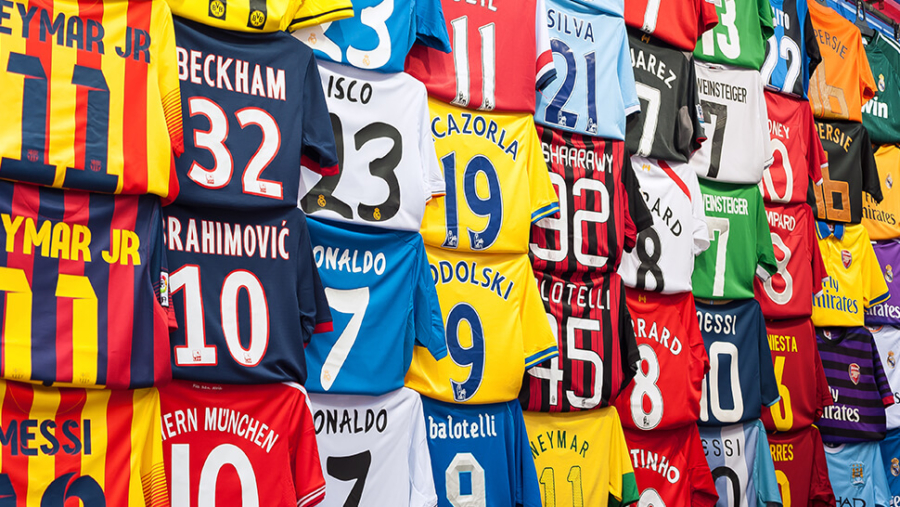

With all eyes on England captain Harry Kane’s stoppage-time winning goal ensuring that England start their World Cup campaign on a high, you may not have noticed just how many brand logos passed your eyes.
Playing sport is no longer just another ‘de-stressing’ activity or another check-box on Jamie Oliver’s healthy schools crusade – it has now turned into a multi-billion pound industry.
Sports sponsorship arrangements are big business and will generally create a mutually beneficial arrangement for both parties. Under such an arrangement, a company will provide an individual player or club with investment, products or services to enable the development and promotion of the players. The sponsor, in return, will receive commercial advantages such as positive brand association and connecting with a target market.
However, just as entering into a sponsorship agreement can be advantageous for a company, adverse publicity arising from a sponsorship relationship can be just as damaging, as was the case with Oscar Pistorius.
So what are the key points businesses should consider when looking to enter into any sports sponsorship agreement:
Who are the parties?
The sponsorship agreement must clearly identifies the correct parties. Is it the whole club or is it just a specific sportsman? Any additional parties must also be detailed to ensure sponsorship can be delivered in terms of rights to use any brand logo or other intellectual property (IP).
Are the parties’ rights clearly set out?
The agreement should clearly and comprehensively set out the scope of the sponsorship, specifically outlining the rights conferred under the arrangement.
How long is the sponsorship?
Teams change. Brands change. It is therefore important to consider, any events or changes that may occur during the term of the sponsorship arrangement. Sponsorship agreements are therefore usually for a specified time period or season. Businesses may also want to include a provision to allow for the option to renew and the conditions that will apply to that renewal.
What are the payment obligations?
The sponsorship agreement should explicitly set out the payment obligation of the sponsor. The regularity and timings of payment should be clearly stated and any conditions attaching to payment, such as payment method, should be detailed.
What if it goes wrong?
A material breach may occur during the duration of the agreement and a sponsor may want to terminate the agreement early. Sponsors should therefore ensure that any right to terminate for material breach of the agreement is expressly included in the agreement.
A sponsor will also want to ensure that additional termination triggers are included, particularly in relation to brand damage. The agreement should also dictate how the relationship of the parties on termination will end and the necessary steps to remove any association of brands.
Whilst sports sponsorship agreements provide exciting and lucrative opportunities for businesses, it is important that each opportunity is carefully considered and a suitable agreement is drafted to clearly state the intentions of the parties.
If you have any questions about entering into a sports sponsorship agreement, please contact our Commercial Team.










